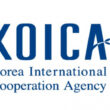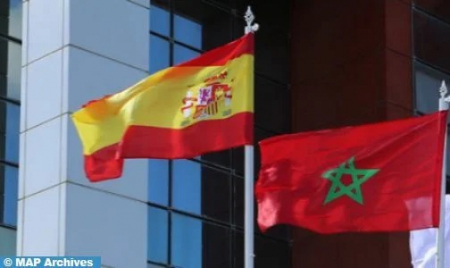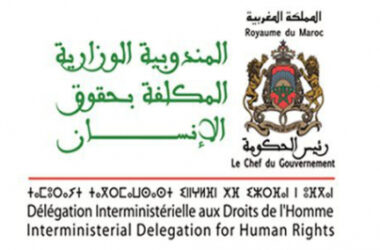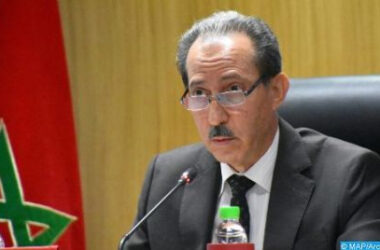Significant efforts are being made by both countries, and there are already some very positive elements concerning “efficient” border management on the one hand, but “humanized” border management on the other, which is by no means “contradictory” but “complementary”, added Garzon Otamendi in a statement to MAP, at the end of the two-day thematic meeting on humanized border management.
“There are many examples of joint action with the Moroccan side, with whom we have been working for years, because the key word highlighted at this meeting was cooperation”, she stressed.
She added: “We believe that, faced with a phenomenon that is global and may give rise to other challenges, all we have to do is coordinate and work together, on the basis of mutual trust and the pooling of our various resources”, added Garzon Otamendi.
Spain and Morocco are particularly interested in the humane management of their respective borders, while respecting the rights of migrants, she recalled, citing as an example a number of areas where cooperation between the two countries is bearing fruit, notably the fight against criminal networks and organizations, and rescue at sea.
“There are good results, and it is in our interest that this work should continue jointly”, she said, expressing her thanks to the government of the Kingdom of Morocco for proposing this “highly interesting” meeting.
This is an important meeting in the sense that it forms part of the Rabat Process, which was launched in 2006 with the aim of maintaining an ongoing constructive dialogue between the different parts of the Mediterranean, Europe on the one hand, and Africa on the other, she recalled.










